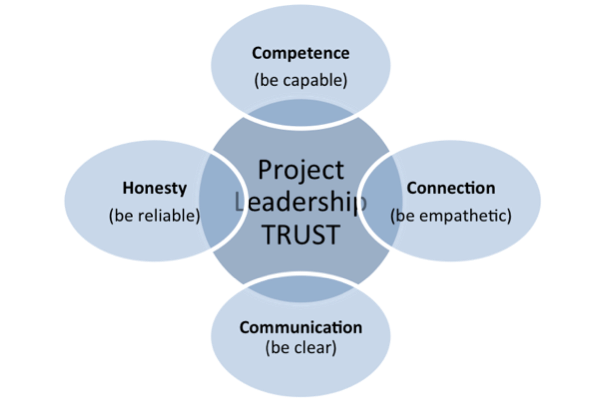1. Seek first to understand before being understood
When you invest time in really understanding your stakeholders, the dynamics of the conversations and your relationships change. People become more open, receptive and more interested in what you may have to say when you actively engage and comprehend their situation. If you don’t listen properly, misunderstandings will invariably creep in and the quality of your relationships will weaken. Make every effort to really engage and understand the other person’s position. Make eye contact and ask into their feelings and opinions. Only when you fully understand their position should you speak up about your own topic and agenda.
2. Have empathy and think in win/win solutions
Empathy means being able to put yourself in someone else’s shoes and understand how they feel. View situations and responses from your stakeholder’s perspective and be committed to always finding solutions that will truly benefit all parties. The win-win idea is not based on compromise or on one of the parties giving up their position and need. It is rooted in the belief that synergies and mutual benefit can be drawn from every situation.
3. Set a good example as a project manager and leader
The quickest way to lose the respect of your stakeholders is to be a careless and unstructured project manager. On the contrary, your stakeholders will respect you for being an effective person who keeps taps on risks, issues, decisions and actions – including their own! Keep track of key decisions and hold stakeholders accountable for the activities they take on. Always turn up to meetings prepared and have the necessary information ready at hand.
4. Be honest and open about project progress
Believe in yourself and be honest and open enough to say things the way they are. Never over-promise or feel pressurised to saying yes to unreasonable demands. Have the confidence and courage to talk openly about project issues and to ask for help when required. Your stakeholders will respect you for being honest and appreciate being given the chance to help out before the situation aggravates. You will score points for being realistic and for having your project’s interests at heart. Painting the picture rosier than it is helps no one.
5. Be proactive and take responsibility for your actions
Gain respect and admiration from your stakeholders by proactively resolving risks and issues in a resourceful way. When we are proactive we look for durable solutions and we take full responsibility for the consequences of our actions. We face the world with a can-do attitude and a mindset that we have the ability to change a situation for the better. You may have no control over what hits your project, but you do have control over how you respond.
6. Maintain a positive mental attitude
Do your best to maintain a positive mental attitude. Be cheerful, friendly and smile. The positive energy you radiate will draw others to you and give your stakeholders the impression that you are in your comfort zone. Don’t be afraid to be funny or clever as most people are drawn to a person that can make them laugh. Use your sense of humour as an effective tool to lower barriers and gain people’s affection. Having said that, remember to always be respectful when you use humour.
Questions for reflection
- How can you become a better listener and build better relationships?
- What can you do to be more proactive and more positive?
- In which situations to you need to get better at asking for help?
If you liked this post, you may also like:
How good is your ability to build trust?
Top Tips for Providing Effective Feedback
Project Leaders have a positive and empowering mindset
How to create a strong team identity during kick-off










 RSS Feed
RSS Feed